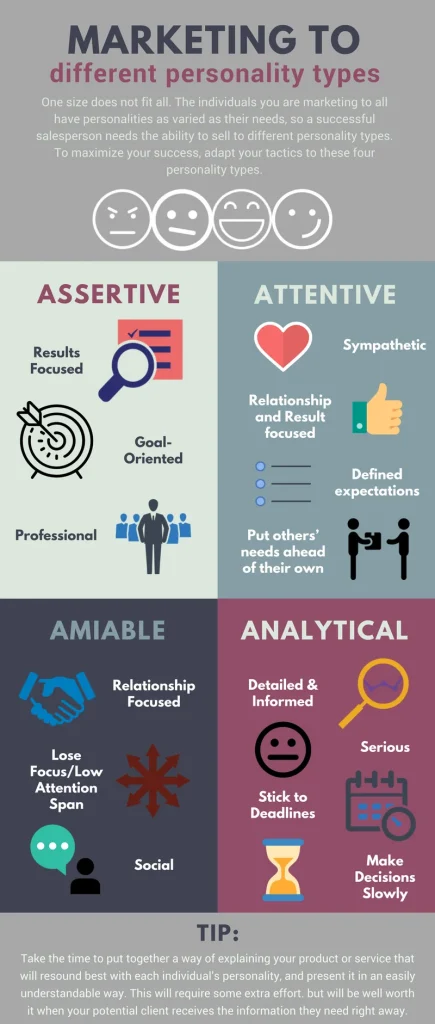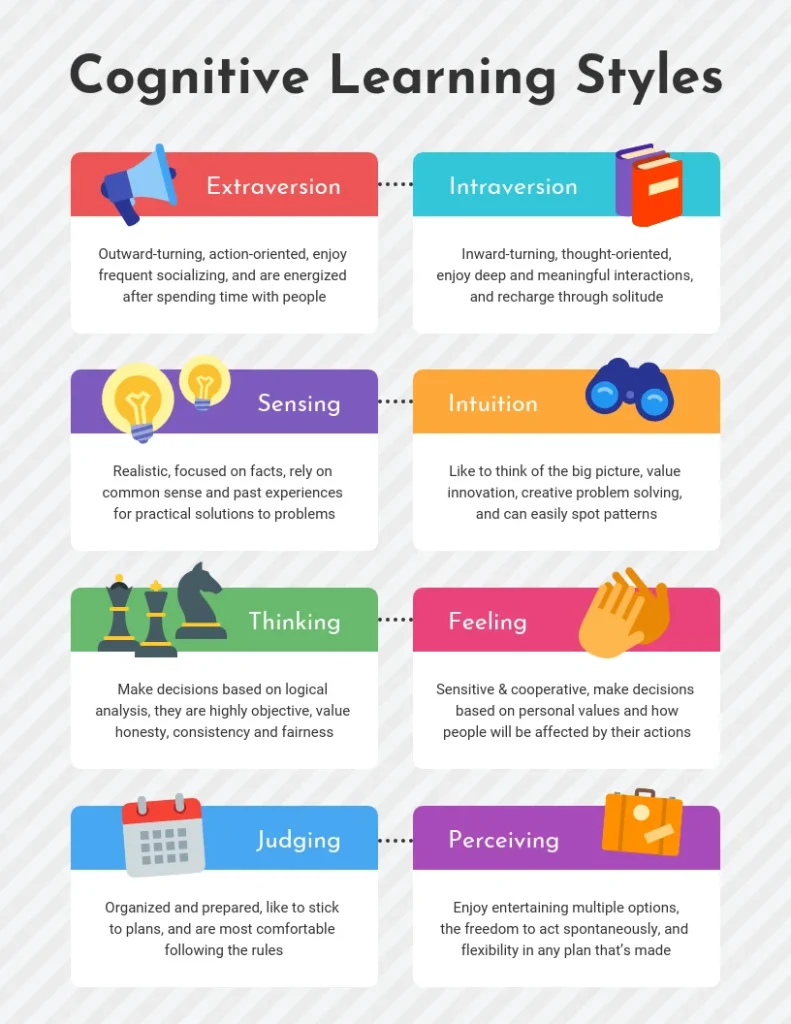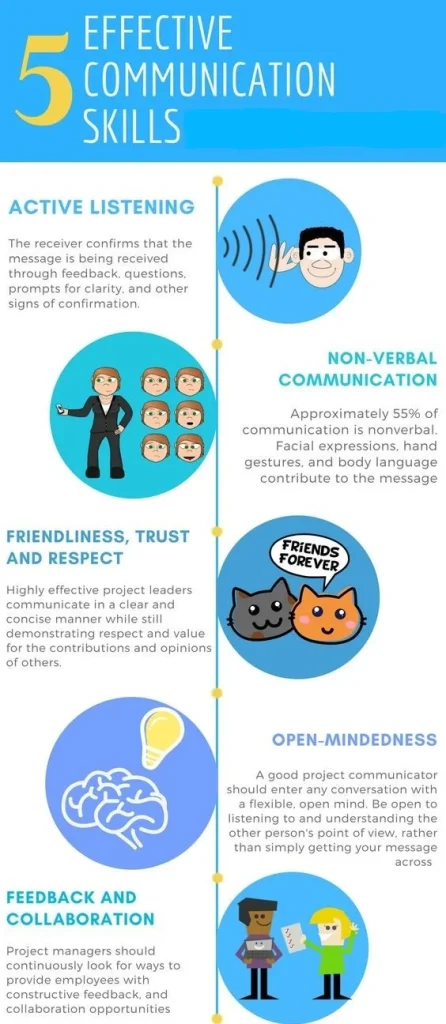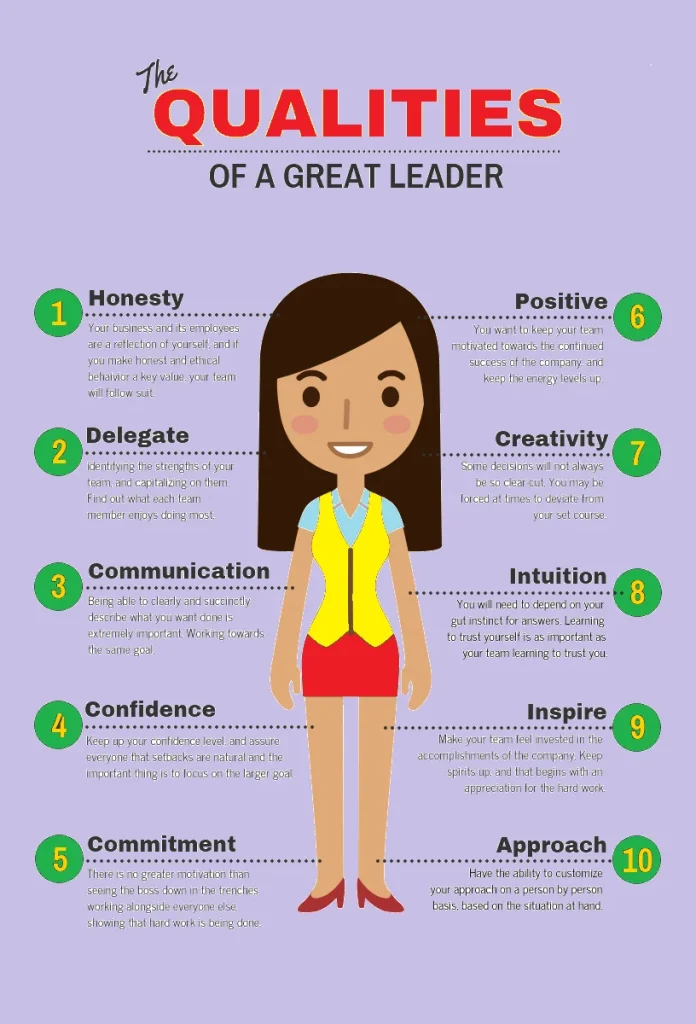Mettl Behavioral Competency Test Questions
Mettl Behavioral Competency Test 2025
What is Behavioral Competency?
Mettl Behavioral Competency Test – Behavior competency refers to any behavior trait, such as awareness, skill set, teamwork, leadership skills, technical know-how, and so on, that contributes to the growth of a person in the organisation to take on larger roles. It can be extended to people at all stages, which means it is not limited to those at the top, middle, or bottom.

Behavioural Competency at Work
Measuring behaviour competency is a difficult task for any human resource person, but with a more diverse organisational structure today, it is critical for individuals to have strong and stable relationships with people across departments.
It establishes a formal recruiting process based on a competency matrix, behavioural styles, indicators, and suggestive questions to assess those competencies. There are classified as follows:

Personality Attributes
These are a person’s feelings, attributes, behaviours, mood, ideas, and habits about his or her surroundings. They become crucial when assessing an employee’s cultural match.

Analytical Ability
It is the ability to recognise patterns, trends, and inconsistencies in data and thereby draw logical conclusions based on the data provided.

Intrapersonal Skills
These are the abilities that enable an individual to communicate with clarity of intent. It applies to an employee’s willingness to communicate together with others while still getting the job done.

Leadership Skills
This can be applicable to any case in which one must take the initiative, both professionally and socially. A effective leader organises his squad, takes calculated chances, motivates and inspires his peers to do their best.
The following handbook should be used to create a competency matrix, identify employee behavioural metrics, structure your recruiting process, and ask questions to assess competencies.
Personality Traits

There are 25 different Personality Traits which are judged in Mettl Behavioural Competency Test 2024. These are as follows:
- Curiosity:
Curiosity is a trait associated with inquisitive thought it is strongly linked to all facets of human development, including the process of learning and the ability to gain knowledge and skills. - Adaptability:
As the name suggests this is trait which determines whether you are able to adjust to many different situations in life, like growth, change, peoples, space, times. - Discipline:
The most common trait that an organization wants in its employees. Discipline is widely used to control one’s actions in relation to the culture or community in which he or she acts or lives. - Temperamental:
Excessive vigilance that results in irrational behaviour and mood fluctuations. Hot and cold behaviour that causes relational dis-balance in one’s relationships. - Self-Obsession:
Being too preoccupied with oneself. Looking down on other people’s desires when thinking one’s own satisfaction, motivations, and interests are better, resulting in a strong sense of self-importance.
- Self-Confidence:
Having faith in your feelings, deeds, and skills even when confronted with adversity. It is a mental state in which people think and feel for themselves. - Optimism:
A sense of optimism for the future and the ability to see the positive side of things even in tough times. Optimists have an optimistic outlook on life and hope that more things will come their way. - Enthusiasm:
Consistently maintaining a high degree of efficiency. Operating for long stretches of time with vigour, efficiency, and dedication. - Loyalty:
Commitment to the organisation that is not shaken by outside influences. The greater one’s sense of loyalty to the organisation, the greater one’s sense of work satisfaction. - Open Mindedness:
Acceptance and accommodation of others’ views and thoughts while remaining mindful that one should not necessarily be right. People with an open mentality are free of discrimination. - Accountability:
Taking responsibilities for one’s acts and choices. Following through on promises without blaming anyone in the event of defeat.
- Quality Focus:
Determined to maintain a laser-like emphasis on the output of any deliverable by maintaining accuracy and conformity to high expectations, as well as paying careful attention to even the smallest specifics. - Resilience:
The ability to recover rapidly in the face of a crisis, natural catastrophe, health problem, partnership or work-related matter. The opportunity to recover from adversity with less discomfort. - Self-Awareness:
Demonstrating an ability to understand one’s strengths and areas of development and leverage them effectively to accomplish one’s objectives. - Result Orientation:
Having a deep desire to succeed with what one sets out to do — devoting one’s energies and time to completing what one has begun. - Perseverance:
Persistent and constant contributions expended to the very end, regardless of how daunting the journey becomes — the spirit of never giving up despite a pause in completing goals.
- Ambitious:
A deep will to succeed founded on their inner desire and self-belief. They are steadfast in their pursuit of their goals. - Opportunist:
Consider self-interest above morals or someone else’s needs, particularly though it means exploiting others whenever a personal need occurs. - Insensitivity:
Unconcerned for someone who may need assistance. Isn’t affected by the suffering, misery, and tragedy of others. - Thrill-Seeking:
A proclivity to seek sensory delight and enthusiasm. It’s a personality trait shared by people who seek out excitement, complication, and extreme stimuli. These people seek out experiences for the sake of having them and are willing to take chances to obtain them. - Proactive:
Taking action and seeking accountability without being coerced or pushed to do so. a desire to focus on projects unsupervised
- Strive for Excellence:
A desire to outperform others by forcing yourself to the edge in order to demonstrate constant growth. Still eager to learn what it takes to succeed in a given area of interest. - Integrity:
Behaves in a trustworthy, equitable, and ethical way. Maintains high ethical ground when demonstrating continuity in aligning behaviour with terms. - Stress-Management:
Being able to control one’s feelings positively and efficiently in the midst of obstacles or hardship. - Impulsive:
A proclivity to behave on a whim, with little or no forethought, observation, or understanding of the consequences.
Analytical Capability
There are 8 different Analytical Capability which are judged in Mettl Behavioural Competency Test 2024. These are as follows:
- Attention to Detail:
Meet objectives by paying attention to any important aspect, no matter how large or small. Concerned with every aspect of the mission, while keeping a close eye on its success. - Critical Thinking:
Possession of higher-order reasoning skills that enable one to consider all sides of a coin. Create and incorporate new methodologies and include alternatives.
- Problem-Solving:
Demonstrating the potential to successfully address problems and tackle obstacles by using existing tools and strategies in the shortest period of time. - Planning and Organization:
Panache for outlining the actions needed to achieve one’s goals and an awareness of the tools needed to do so. Ability to prioritise assignments and juggle several functions to maximise productivity. - Ambiguity Management:
Demonstrating the ability to be at ease in novel or unfamiliar environments, as well as the ability to handle one’s job even though not all of the requisite information are available.
- Decision Making:
It is the capacity to draw logical conclusions from a collection of n choices. After considering all of the facts, as well as the possible positive and negative consequences of these decisions, one makes educated decisions. - Strategic Thinking:
Efficient in making logical choices by taking into account the short and long-term repercussions of one’s behaviours and decisions on the organisation. - Innovative Thinking:
The natural inclination to adapt and innovate in order to keep the organisation competitive and current in shifting times.

Interpersonal Competence

There are 11 different Interpersonal Competence which are judged in Mettl Behavioural Competency Test 2024. These are as follows:
- Conflict Management:
Capable of quickly settling interpersonal conflicts, resulting in optimal solutions and stable interactions with others. - Active Listening:
As the name suggests this is trait which determines whether you are able to adjust to many different situations in life, like growth, change, peoples, space, times. - Teamwork:
Collaborate to achieve shared goals and priorities while putting small disagreements aside for collective progress. - Establish Trust:
To win the confidence of internal and external stakeholders, be fair and ethical in all transactions. Others regard you as a reliable companion.
- Networking:
Having the opportunity to develop professional networks and personal connections both inside and outside of the organisation. Use it to collect intelligence and tools to ensure individual and organisational progress. - Delegation:
Assigning duties to others in order to ensure that the job is managed efficiently. Being certain the assignments are allocated based on expertise of recognising an individual’s abilities and the tools needed to complete them. - Effective Presentation:
Demonstrating the capacity to confidently and convincingly introduce oneself and one’s thoughts when changing and responding to the audience’s verbal and nonverbal input. - Negotiation:
Demonstrating the willingness to persuade and negotiate with others in order to obtain successful outcomes.
- Empathy:
An innate desire to think for others and their issues. Always willing to lend a helping hand to those in need. - Openness to Diversity:
Individual distinctions in gender, colour, nationality, place of birth, cultural heritage, language, or sexual preference should be recognised and respected. Regardless of disparities, ensuring that everyone is viewed with dignity and empathy. - Conflict Management:
Capable of quickly settling mutual disagreements, resulting in optimal solutions and stable interactions with others.
Leadership Qualities
There are 6 different Leadership Qualities which are judged in Mettl Behavioural Competency Test 2024. These are as follows:
- Motivating Peers:
Demonstrating an appreciation of the different intrinsic and extrinsic motivators used to involve employees at work. Give them sufficient reinforcements and appreciation as motivation to achieve their professional goals. - Developing People:
Dedicated to an individual’s personal progress and progress by recognising behavioural and cognitive abilities and areas for development, as well as creating ways to collaborate in the team’s areas for development through different approaches. - Change Agent:
Effectively articulate the need for and reason for improvement, ensuring that all parties are on board.
- Visionary Perspective:
A attitude built over maturity that allows one to look long-term, from a wider viewpoint, and account for future developments that are expected to affect the progress of the organisation. - Entrepreneurial Mindset :
Having a thorough view of the various options for expanding industry beyond what is actually being achieved. The deep willingness and will to investigate those possibilities in order to ensure the organization’s continued growth. - Influence:
Demonstrating the capacity to persuade people about one’s thoughts and points of view.


 Apply For Jobs
Apply For Jobs Get Hiring Updates
Get Hiring Updates

Login/Signup to comment